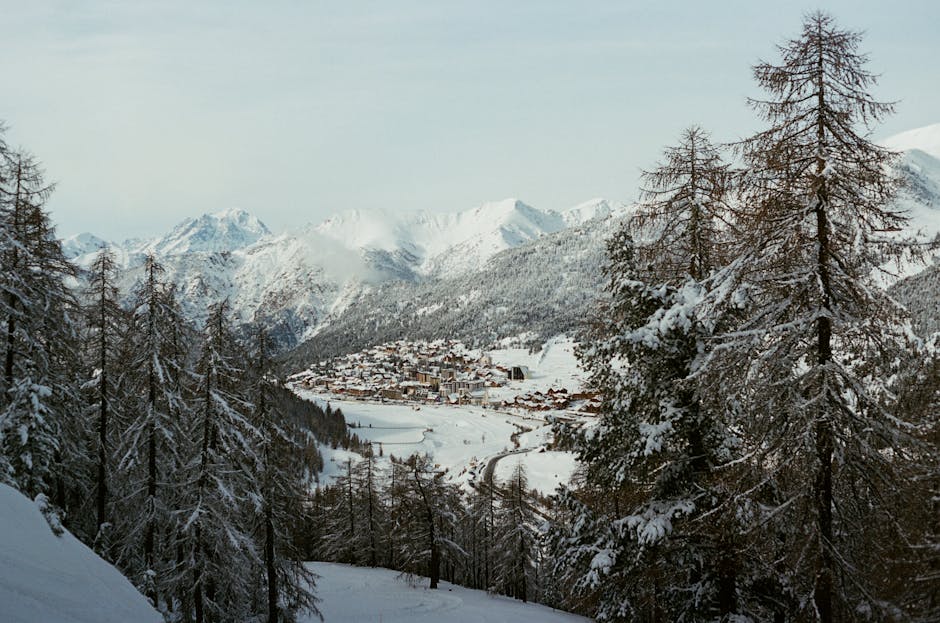France vs. Germany: A Timeless Rivalry
France vs. Germany: A Timeless Rivalry

A Historical Overview
The rivalry between France and Germany is one of the most enduring in European history. From centuries of conflict, marked by wars and territorial disputes, to periods of uneasy cooperation and even friendship, the relationship between these two powerful nations has shaped the continent's destiny. Understanding this complex history is crucial to grasping the nuances of the present-day dynamic between France and Germany.
The Franco-Prussian War of 1870-1871 was a pivotal moment, significantly altering the geopolitical landscape. Prussia's victory led to the unification of Germany and the humiliation of France, fueling resentment that would later manifest in the two World Wars. The devastating impact of these conflicts left an indelible mark on both nations, shaping their identities and fostering a complex relationship characterized by both competition and cautious cooperation.
Economic Powerhouses: A Comparison
Today, both France and Germany stand as economic powerhouses within the European Union. France, with its strong presence in fashion, luxury goods, and tourism, boasts a highly developed economy. Germany, on the other hand, is a manufacturing giant, renowned for its automotive industry and sophisticated engineering sector. The strength of the German economy significantly impacts the entire Eurozone, while France's influence in the EU remains considerable.
Comparing their economies reveals interesting contrasts. France, often praised for its robust social safety net and strong labor protections, emphasizes a more interventionist approach to economic policy. Germany, known for its export-oriented model and emphasis on efficiency, often advocates for more free-market principles. This fundamental difference in economic philosophy often shapes their approaches to EU-wide economic policies.
Cultural Differences and Similarities
Beyond economics, the cultural differences and similarities between France and Germany are striking. France, with its rich artistic heritage, romantic language, and emphasis on culinary excellence, often projects an image of sophistication and elegance. Germany, meanwhile, is often associated with precision, orderliness, and a strong sense of tradition, reflected in its robust beer culture and festive celebrations.
However, these broad strokes mask significant overlap. Both nations share a love of football (soccer), demonstrated by the fierce competition between their national teams. Both have equally strong literary and artistic traditions, contributing significantly to European culture throughout history. The common ground between these cultures shouldn't be overlooked in understanding their complex relationship.
The Modern Relationship: Cooperation and Competition
Despite their historical rivalry, France and Germany have forged a strong partnership within the European Union. The Franco-German relationship is considered the motor of European integration, with both nations frequently collaborating on major policy decisions. This cooperation, however, does not negate the underlying competitive spirit. Both countries continue to compete for influence within the EU and on the global stage.
- Collaboration on defense and security issues
- Joint initiatives on economic policy within the EU
- Competition for investment and technological leadership
- Ongoing dialogue on issues of immigration and social welfare
The future of the France vs. Germany dynamic is one of continuous evolution. While the historical baggage remains, the need for cooperation within the EU and on the global stage supersedes past grievances. The balance between competition and cooperation will continue to shape the relationship between these two powerful European nations for years to come. Understanding this multifaceted relationship is key to understanding the broader dynamics of Europe.
France vs Germany: The Ongoing Narrative
The France vs Germany narrative is far from over. It's a story constantly being rewritten, reflecting the evolving political and economic landscape of Europe and the world. The rivalry, while often intense, also acts as a catalyst for progress and cooperation. The future will undoubtedly witness further chapters in this long and complex relationship.

Comments
Post a Comment